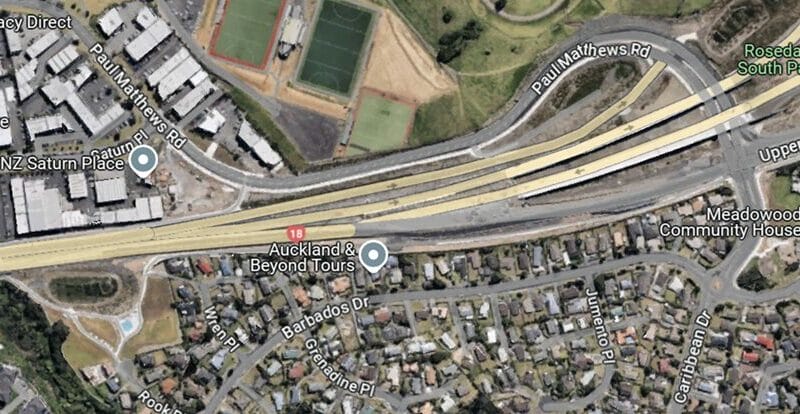New Zealand courts have long recognised that leases are both contracts and estates in land. This duality has historically complicated the application of accepted contract doctrines like frustration and repudiation. However, the Judicial Committee of the Privy Council’s decision in Ramsbury Properties Ltd v Ocean View Construction Ltd [2024] UKPC 40 offers an instructive reaffirmation of leases being contracts and of the contractual principle of repudiatory breach of leases.
Interestingly, this case arose out of a dispute in St Kitts and Nevis (a dual-island nation situated between the Atlantic Ocean and Caribbean Sea).
Ocean View Construction Ltd (Ocean View) leased premises from Ramsbury Properties Ltd (Ramsbury Properties) to house 250 workers engaged in repairing the Four Seasons Hotel in Nevis. The rather short-form lease, was granted in 2007 for a term of seven months and described the permitted use as being for “sleeping accommodation only.” Shortly after occupation, Ramsbury Properties prohibited the workers from eating or doing laundry on the premises. Ocean View terminated the lease, citing breach of quiet enjoyment and implied terms.
Ramsbury Properties sued for breach of contract and sought damages. Ocean View counterclaimed for a refund of its deposit. The High Court and the Eastern Caribbean Court of Appeal sided with Ocean View. Ramsbury Properties then appealed to the Privy Council.
Two central legal questions were addressed:
- What does the permitted use of “sleeping accommodation only” mean?
- Did the actions of Ramsbury Properties amount to a repudiatory breach of the lease?
The Privy Council dismissed the appeal, affirming that:
- The phrase “sleeping accommodation only” did not exclude basic living activities such as eating and doing laundry. Rather, it meant that the landlord was not providing meals or cooking facilities.
- Ramsbury’s prohibition of these activities constituted a breach of implied terms necessary for the lease’s business efficacy.
- The breach was sufficiently serious to amount to a repudiatory breach, justifying Ocean View’s termination.
The doctrine of repudiatory breach allows a party to terminate a contract when the other party’s conduct shows an intention not to be bound by its terms. In New Zealand, this principle is well established in general contract law and the Contract and Commercial Law Act 2017. However, it has only been cautiously extended to leases. The Privy Council’s decision here reinforces that repudiatory breach can apply to leases, especially where the breach undermines the lease’s core purpose.
The decision also underscores the importance of implied terms in lease interpretation. The Privy Council held that the ability to eat and do laundry was so fundamental to the use of the premises and Ocean View’s permitted use that these terms were implied by necessity. Similar approach is taken by New Zealand courts where necessary to give effect to the parties’ intentions or to ensure business efficacy.
The Ramsbury v Ocean View decision is a helpful reminder that the contractual principles we are all familiar with extend to and underpin lease agreements too. For New Zealand practitioners, it offers a persuasive authority supporting the application of repudiatory breach doctrine to leases and reinforces the importance of interpreting lease terms in light of their practical and commercial context.
The case is exceptional, and not strictly speaking, binding upon New Zealand Courts. However, in those exceptional cases it will be persuasive and potentially embolden tenants in their claims for breach of quiet enjoyment and/or the derogation of grant – even if only to obtain leverage in negotiations – particularly when the alternative is to litigate the matter for 15 years – as in Ramsbury v Ocean View.





